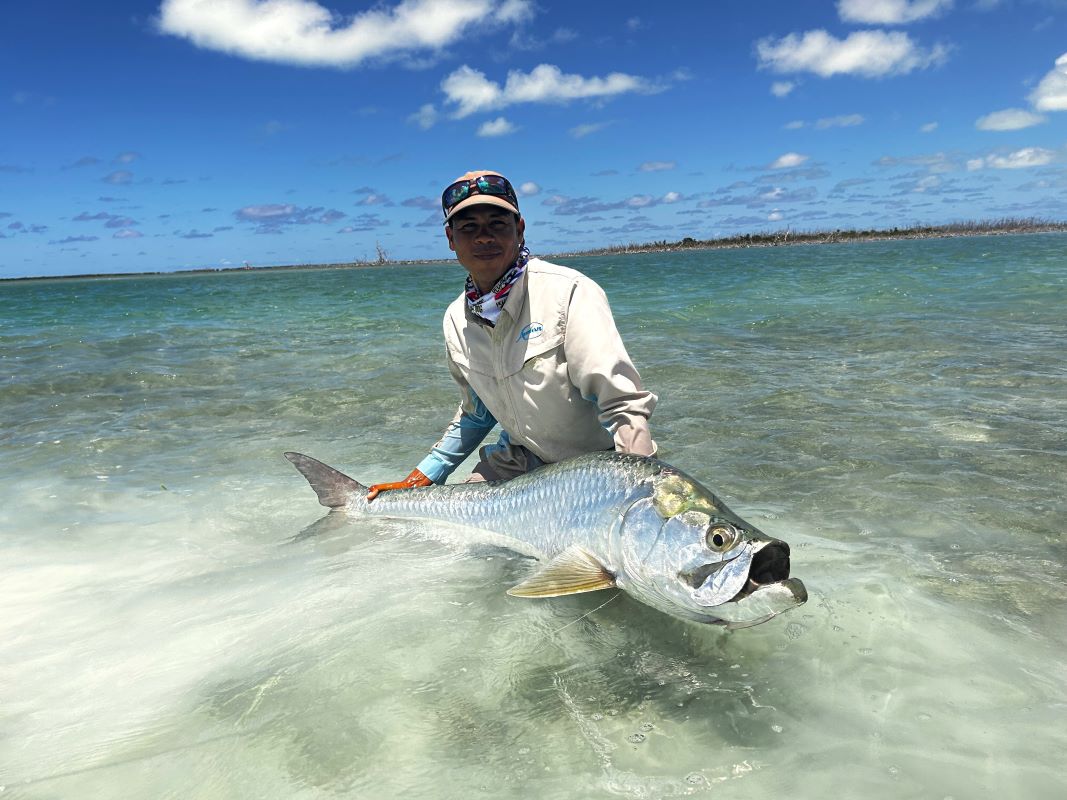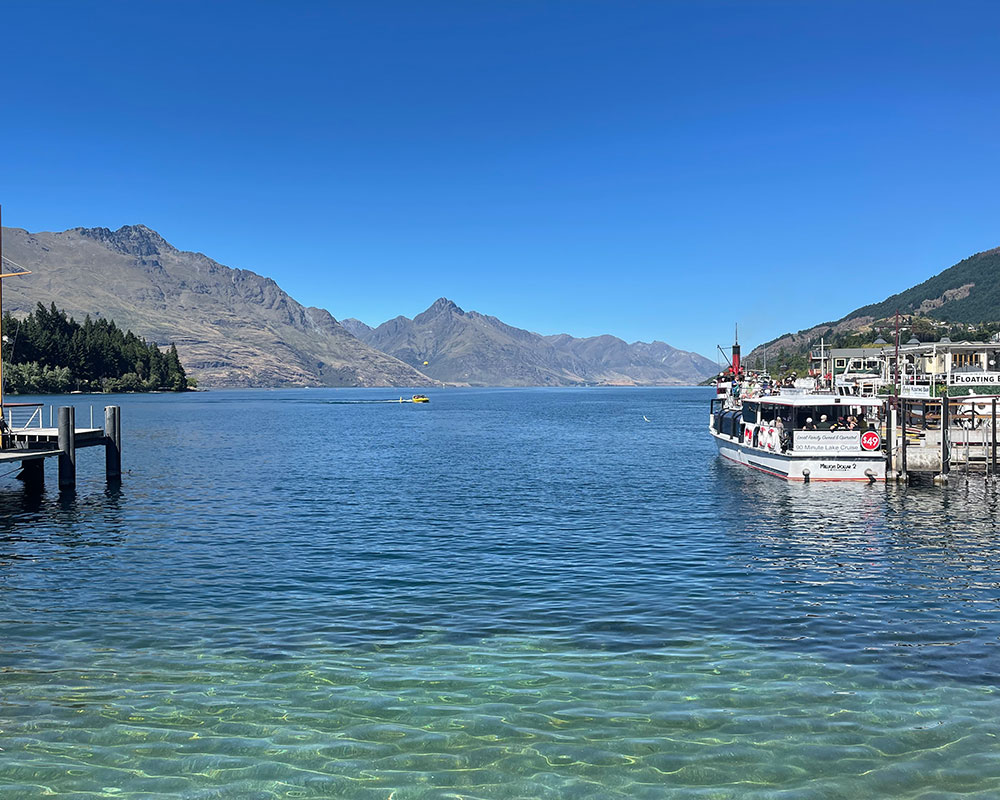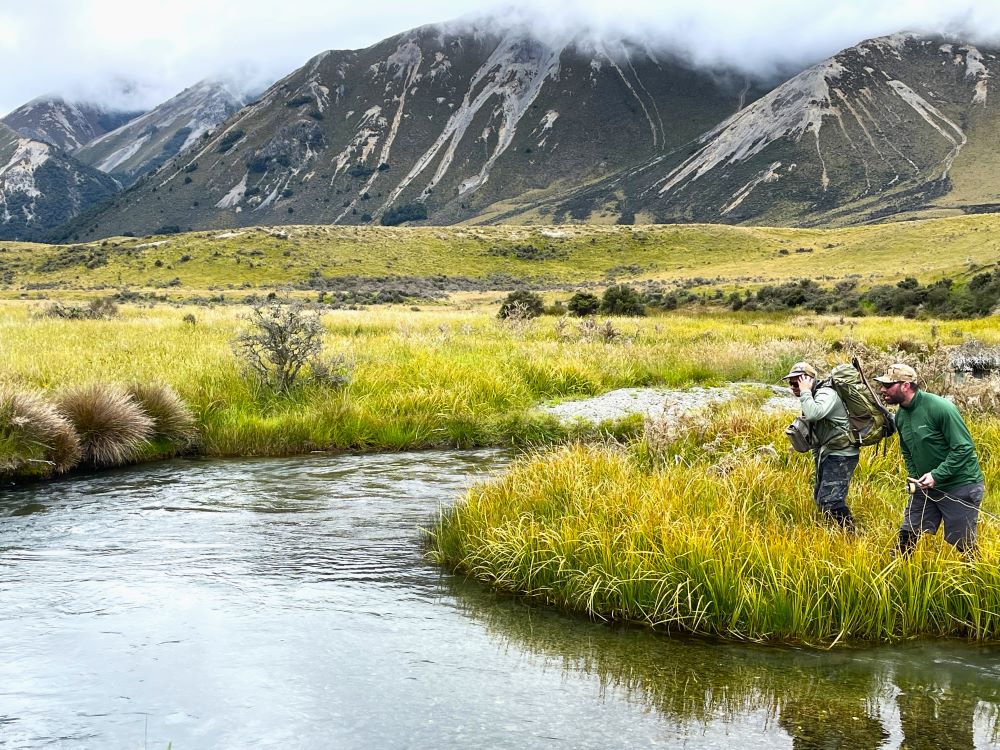
Working With Your Lodge Guide Part 1
Over the years I’ve had some extraordinary guides who are now lifelong friends, who have shaped and influenced how I’ll fish for the rest of my life. Conversely, I’ve also had some real stinkers where I couldn’t get out of their flats skiff or drift boat fast enough. (more on this and how to effectively deal with it in Part 3)
By the time I’ve worked with a client on a specific destination, and got them booked into a lodge, even if the client is new to me, I have a pretty good handle on what their priorities for the trip are. I ask a lot of questions in the pre booking stage and by the end of the booking process I generally have a good overview of the client and what matters to them in terms of their angling experience. This information will then make it down to the lodge manager where the guest is going and it’s a rare day when a client of ours shows up to a facility without the lodge knowing at least something about what the clients trip goals are.
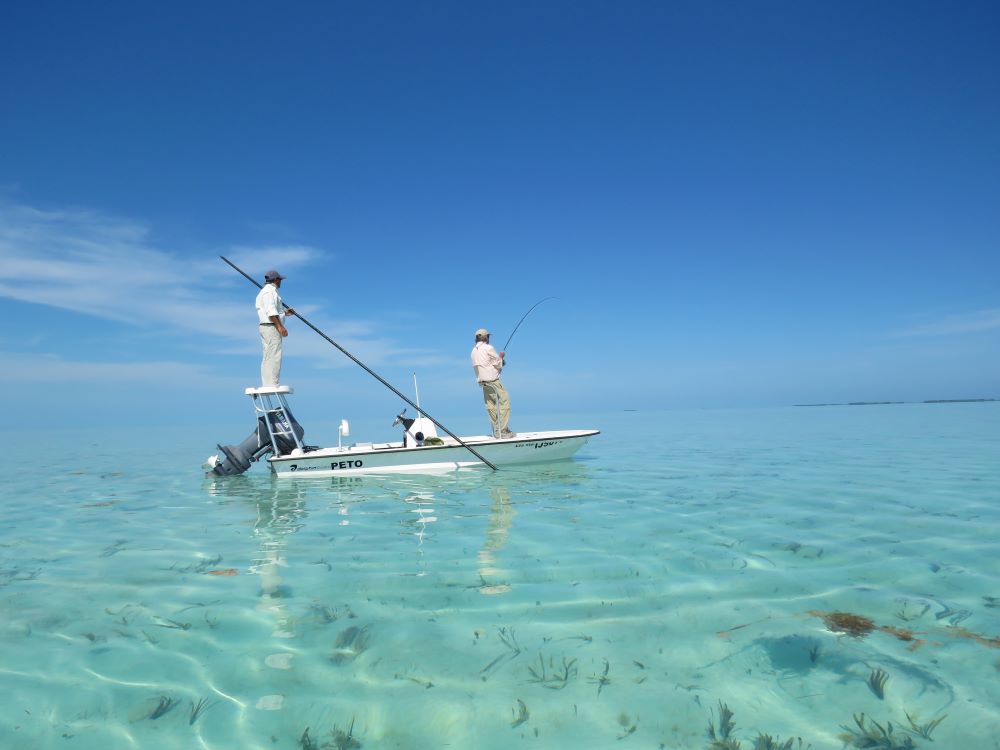
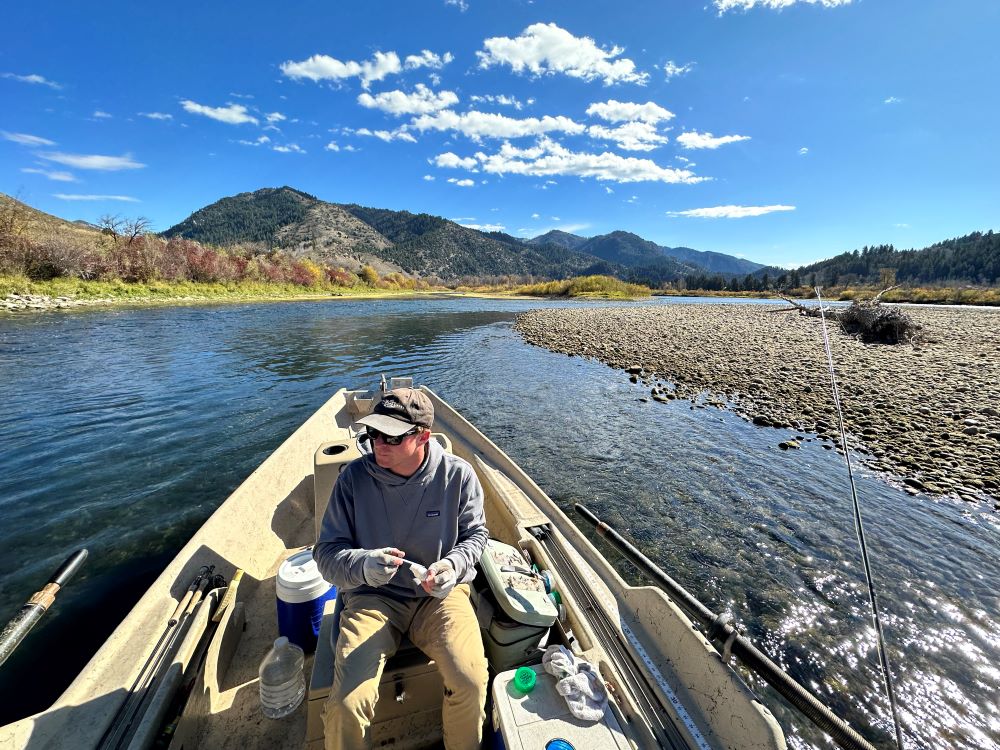
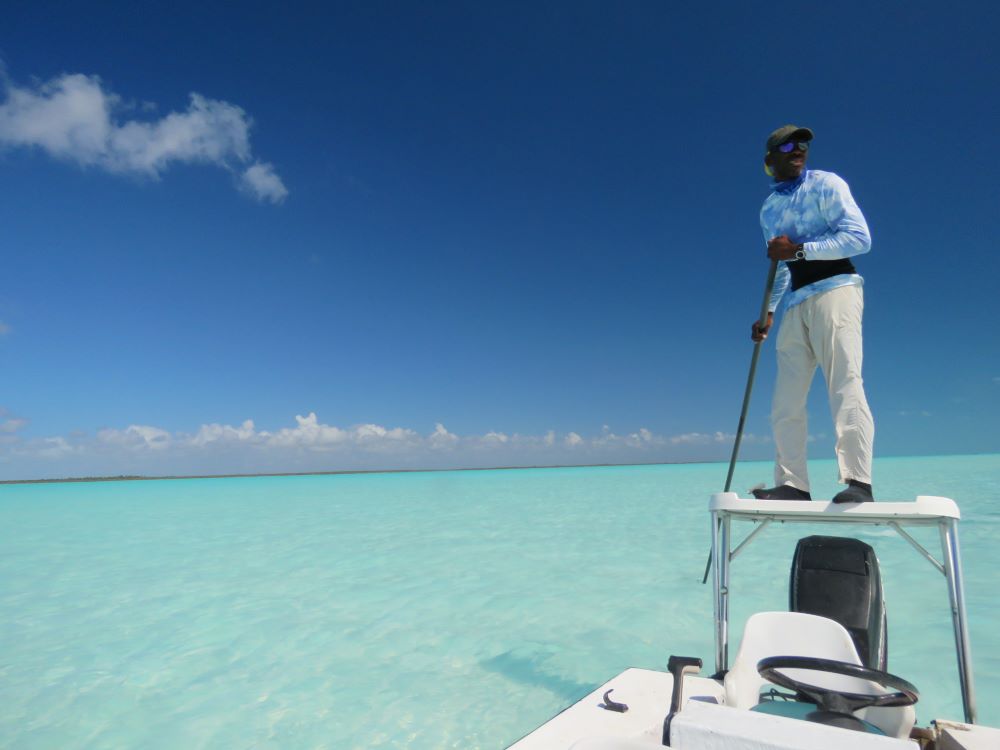
Every lodge differs in terms of how it operates and while some like to rotate clients and guide on a daily basis, other facilities prefer to have their guests and the guide together for the duration of the trip. Both ways of operating have their advantages and disadvantages.
In a lifetime of fishing travel that started when I was 11 years old, on my first trip to British Honduras, (what is now Belize) I’ve learned some incredibly valuable lessons about how to work with your guide in order to get the most out of the experience. By far the most important of these lessons I’ve learned, is to sit down with the guide on the first morning, before the boat even leaves the dock or put in, to speak clearly about what I hope to get out my time on the water with him/her. I’m very direct about what I like and am interested in doing and by having this short conversation with the guide, I don’t to leave anything to chance or misinterpretation. By having this quick, early morning conversation, I also get the guide on board for my program, where the the guide can then plan the day accordingly.
If I’m at a location and want to selectively target Big Brown Trout while ignoring other available species, my guide is going to know and understand this. If I’m in Ascencion Bay and interested in targeting permit at the expense of shots at snook or tarpon, my guide is going to understand this and be on my program, before we even leave the dock. If I’m at a lodge that rotates their guides and guests daily, I will repeat my goals and priorities each morning to the new guide I’m with. This is hard earned and often expensive vacation time, so don’t be afraid to be direct and clear with your guide about what you hope to get out of your trip. In the same conversation, I will also discuss areas where I’m not that strong. I have a terrible back cast, don’t particularly like mending and I struggle to see fish more than 50 yards out when out on the flats. The more information your guide has about you and what you hope to get out of your time on the water, the better your trip is going to be.
There is a good argument to be made that this simple five minute conversation with your guide is actually more important than your sunscreen or what’s in your fly box.

